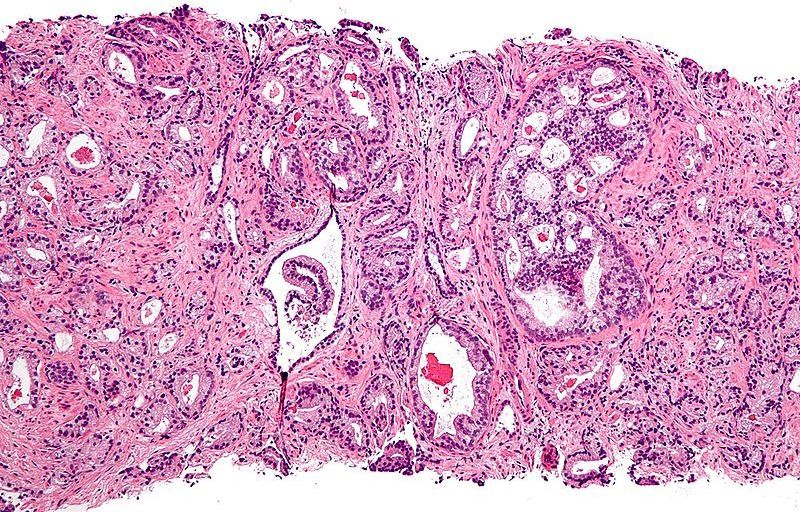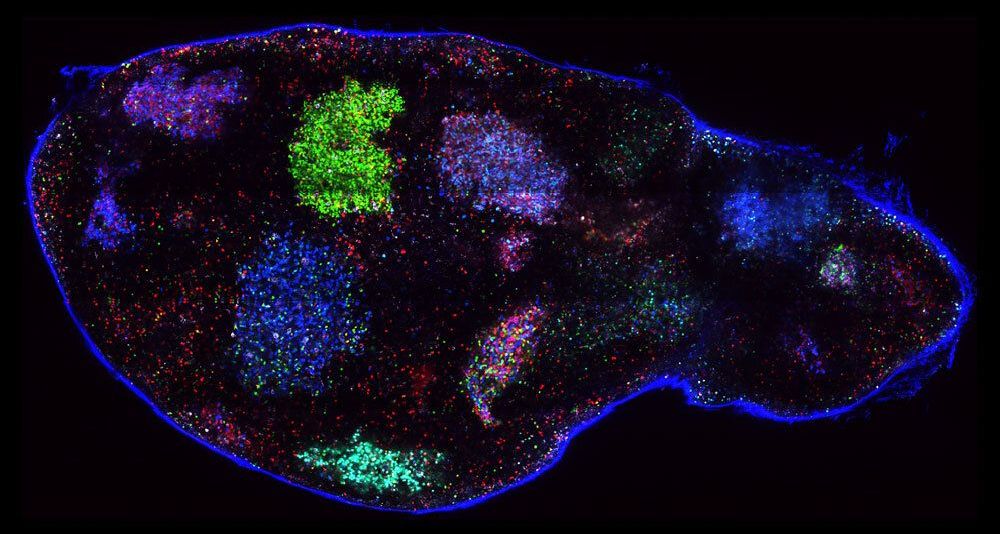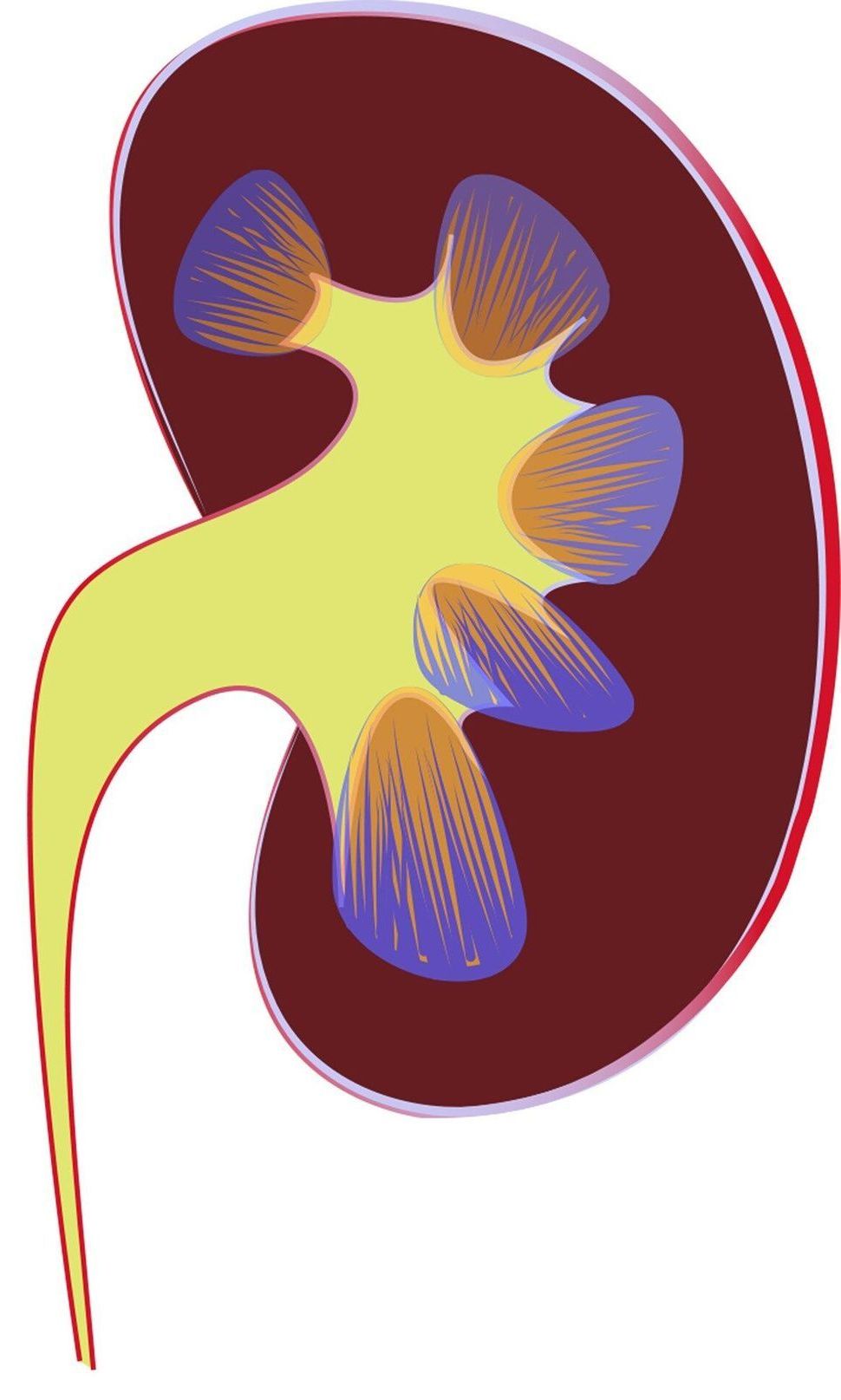
Anxious Astronaut has suffered an anxiety attack in space. It could be debilitating, they’re not sure. And unlike, say, a broken arm, it is not immediately visible to Anxious’ co-workers. Anxious Astronaut is good at hiding their problem, which is how they got through the screening process on Earth. But Anxious Astronaut needs to be operating at peak functionality, which Anxious Astronaut knows, which is making them more stressed, and they haven’t even acknowledged to themselves that they’re undergoing a silent crisis. Stress is tough.
Anxious Astronaut does not want to give up their duties, so they’re not taking time to self-evaluate. And besides, any human diagnosis is millions of miles of way, considering Anxious Astronaut and their team are halfway to Mars. So how can Anxious Astronaut’s team figure out what’s wrong? A biosensor. A small, nearly invisible biosensor placed on Anxious Astronaut’s forehead has detected unusually high cortisol, which the body releases when stressed. The data is shared with the medical staff on the mission, and Anxious is able to have their workloads reduced until they’re feeling up to snuff.
Thanks to developments in biosensors that NASA and outside group NextFlex are working on today, Anxious or Unhealthy Astronaut might be able to figure out what’s ailing them at speeds unimaginable today.


















